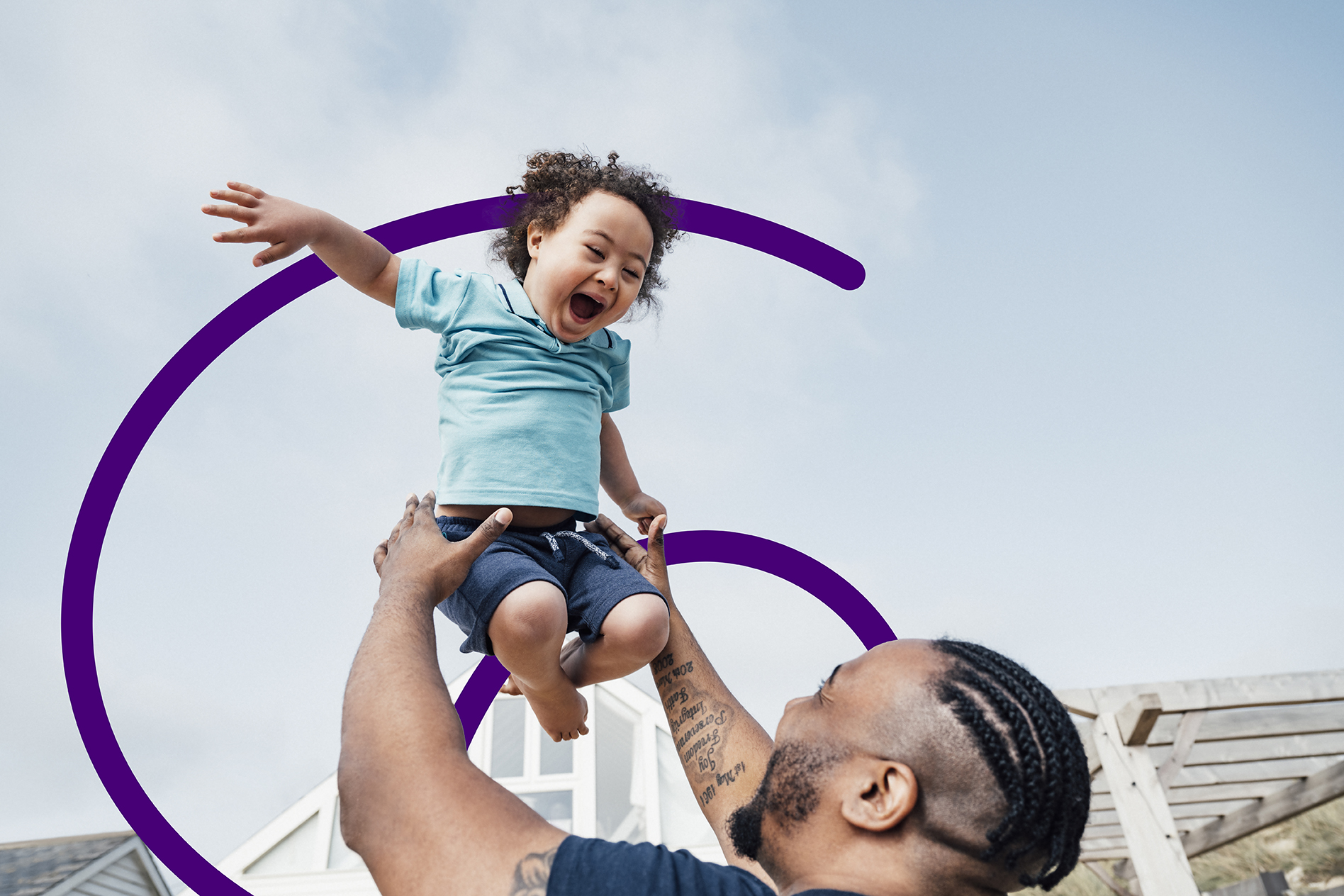Seeking professional help is the first step to creating a plan to take control of their issues, build resilience, and learn important skills to help them thrive.
Psychiatric assessments for children & teenagers
A psychiatric assessment is a diagnostic process used to identify mental health concerns in children. It uses evidence-based methods to find the cause of a child's difficulties, evaluate symptoms, and determine the appropriate support to set them on a path to improved mental health.

What can a psychiatric assessment diagnose?
A psychiatric assessment can diagnose and treat a wide range of mental health issues in children, including but not limited to:
- Anxiety disorders
- Depressive disorders
- Obsessive-compulsive disorder (OCD)
- Sleep disorders
- Eating disorders
- Anxiety disorders
- Post-traumatic stress disorder (PTSD)
View allshow less

A psychiatric assessment is a powerful tool that provides valuable insights into a child's mental health, so we can design effective treatment plans to empower them to reach their full potential.
If you are concerned about your child, contact us today to schedule an appointment. We'll help identify the cause and guide you in providing the support they need.
What happens in a psychiatric assessment?
Your child's psychiatrist will work with them to understand their mental state and wellbeing. This includes observing behaviour, discussing thoughts and feelings, and evaluating cognitive and emotional functioning. Information about family and personal history is also gathered to provide appropriate treatment recommendations.
View allshow less

What happens after the assessment?
Receive your child's report
After carefully evaluating all the information gathered during the assessment, your child's psychiatrist will make their conclusion. You will then receive a comprehensive psychiatric report by email. This will include a clear diagnosis (where one can be given), and personalised treatment recommendations.
Start treatment
Your child's psychiatrist may suggest additional treatment options, such as referral to another healthcare professional or medication. We are happy to help you arrange these treatments privately or through the NHS to ensure your child receives the best care possible.
See what's working
If you feel that a treatment or service isn't effective, please let us know. We want to ensure that your child receives the best care possible, and it may be that a different approach or another assessment is needed. Your GP can also assist in finding a more effective treatment.
FAQs

